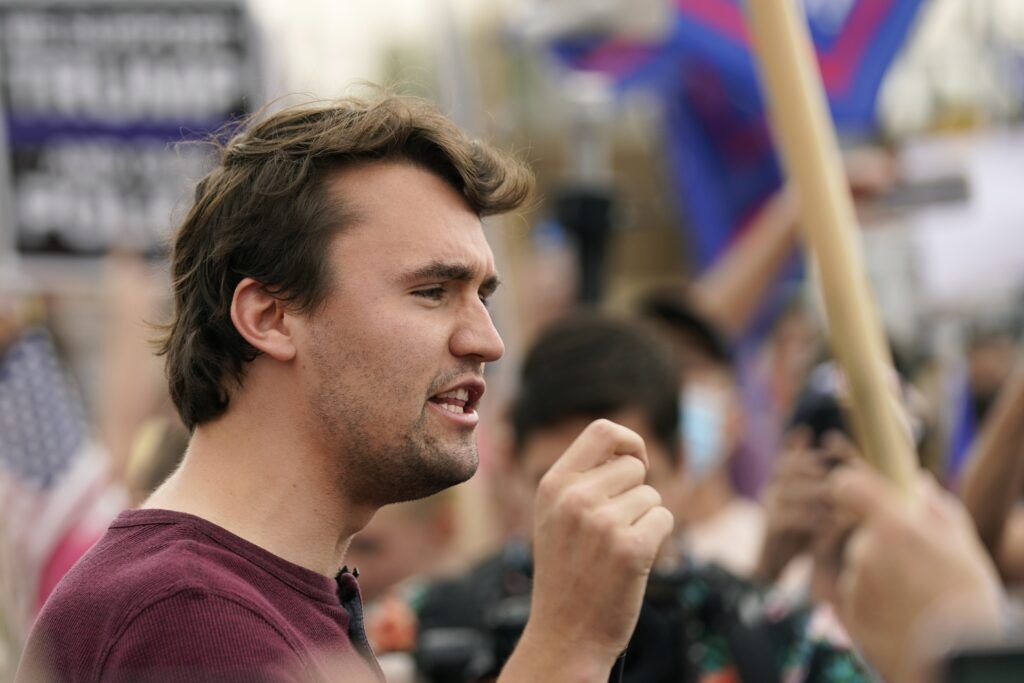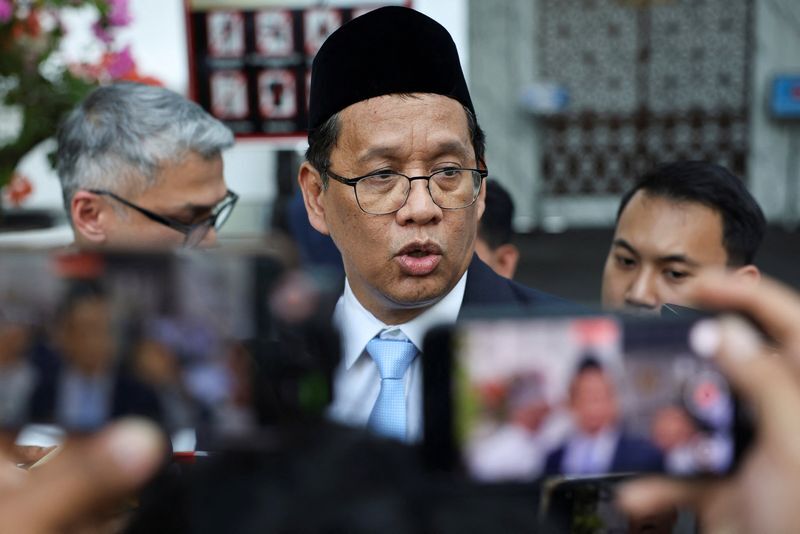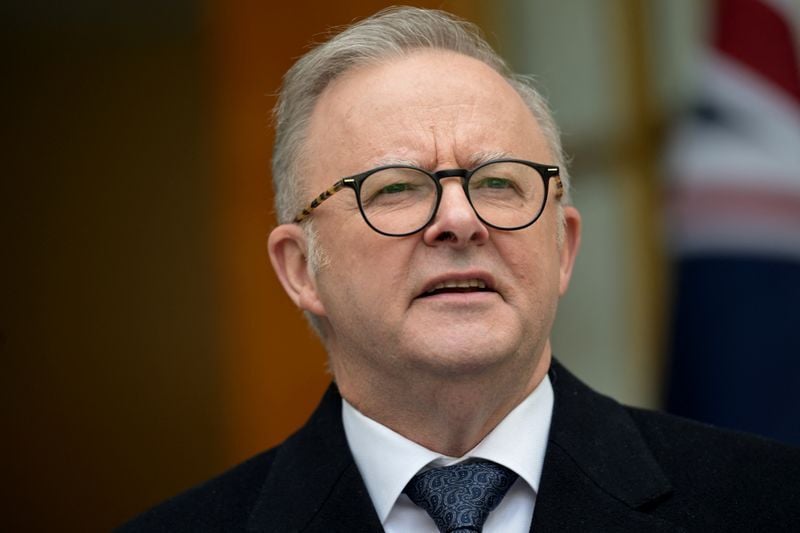Faith and flag: Trump return would cement conservative judiciary legacy
The term “Christian Nationalism” has been used by the Left as a means of dismissing social conservatives who believe in the role of religion, or Judeo-Christian values, in everyday American life. In this series, the Washington Examiner will analyze what it actually means to be a “Christian Nationalist,” why the term is maligned and misunderstood, and what role, if any, it might play in a future Trump administration. Part Two will look at conservative plans for the courts.
Former President Donald Trump‘s legacy on the federal judiciary was a crowning achievement after his four years in office — one that his supporters have hoped he will build upon, while his left-leaning critics believe he’s shaping a burgeoning “Christian nationalist” movement on the Right.
With the help of then-Senate Majority Leader Mitch McConnell (R-KY), Trump cemented the 6-3 Republican-appointed majority on the Supreme Court by the end of 2020, and just two years later that court overturned 50 years of precedent under Roe v. Wade. The country now reckons with a recent Alabama Supreme Court decision making it illegal to destroy frozen, fertilized embryos.
Bradley Onishi, a former ally who is now a critic, says there is a Christian nationalist strategy. “The goal is to institute people at every level of government who will either act as Christians carrying out God’s mission on Earth, this mission to colonize or take dominion of every part of human society, or to elect and work with those who are going to carry out that mission, whether or not they are doing so as conscious purveyors of God’s plans themselves,” Onishi, an adjunct professor at the University of San Francisco, told NPR’s Terry Gross last month.
Despite Onishi’s suggestion that Christian nationalism is monolithic, there is no universally accepted definition as to what it means, and many conservative legal scholars who championed the overturning of Roe reject Onishi’s characterization.
Jay Richards, director of the DeVos Center for Life, Religions, and Family at the Heritage Foundation, told the Washington Examiner he thinks “Christian nationalism” is “mostly a media-created slander used to paint politically-engaged conservative Christians as authoritarians who oppose the First Amendment.”
“There are a few ‘Christian nationalists’ who hold such views, but they are an extreme minority,” Richards said.
While scholars such as Onishi have boasted in the belief that Republicans are marching to the drumbeat of Christian nationalist ideas, Richards countered that it’d be a “mistake” to frame the debate over legalizing abortion in terms of Christian nationalism.
“Nothing in the pro-life argument depends on sectarian premises — unless opposition to murder is to be redefined as a sectarian belief,” Richards said. “The fact that conservative religious believers see the burden of this argument more clearly doesn’t make the argument religious or sectarian.”
The Public Religion Research Institute released a study in February finding 10% of U.S. residents may count as Christian nationalism “Adherents,” while 20% of respondents were listed as “Sympathizers” of the ideology. Meanwhile, a Gallup poll from July 2023 found 13% of respondents would prefer all abortion to be illegal, while 36% say it should only be legal “in a few circumstances,” showing an uneven divide between Christian nationalism and abortion issues.
As the 2024 presidential election looms, President Joe Biden’s rate of appointing federal judges has slowed, as Senate Republicans use their influence to force the White House to bargain with them over potential nominees. Biden has overseen 185 judicial confirmations to date, while Trump named 234 by the end of his first term, including the three associate justices to the Supreme Court.
According to a January report from Russell Wheeler, a governance studies senior fellow for the Brookings Institution, Biden has a chance to match the number of federal district court confirmations of Trump, but it “appears likely that the administration won’t match Trump’s circuit confirmation numbers.”
Richards said if Trump is reelected and secures a similar number of federal judicial appointees, “this would undoubtedly have a profound cultural effect.”
“Sure, politics is downstream from culture. But because the law is a teacher, that means that culture is downstream from politics and the courts,” Richards added.
Trump’s potential second term will likely look similar to the first when it comes to judicial nominations, in which the former president made many picks based on lists provided to him by groups such as the Federalist Society, which recommended Gorsuch in 2017.
Some of the legal battles the conservative movement chooses to fight under a second Trump administration may look different, however.
While fighting in courts and state legislatures to secure more restrictions on abortion is important to many conservatives, Trump himself has indicated he believes staunchly anti-abortion positions are bad for GOP electoral prospects.
Trump celebrated the high court’s 2022 decision in Dobbs v. Jackson Women’s Health Organization, and he took credit for the decision because of his nominations of Justices Neil Gorsuch, Brett Kavanaugh, and Amy Coney Barrett, three members who helped create the 6-3 majority opinion.
But it was also Trump who helped rally fellow lawmakers in the Republican Party to draw a firm line against the Alabama Supreme Court decision, coming out in strong support of IVF rather than championing the decision as a win for his movement. That position directly contradicted one held by most of the traditional Catholics in his base.
“Under my leadership, the Republican Party will always support the creation of strong, thriving, healthy American families,” Trump said in a post on his Truth Social platform last month. “We want to make it easier for mothers and fathers to have babies, not harder!”
Trump has also promised to redouble protections for religious liberties, particularly for Catholics, a group that faced unprecedented surveillance operations under the Biden administration’s FBI and has also been targeted for arrests for FACE Act violations for engaging in nonintrusive protests outside of abortion clinics.
During a December campaign speech in Iowa, Trump said his political opponents are “going hard” against Catholics.
“Upon taking office, I will create a new federal task force on fighting anti-Christian bias to be led by a fully reformed Department of Justice that’s fair and equitable” that will “investigate all forms of illegal discrimination,” he said during that speech.
While shielding Catholics from bias is not a goal unique to so-called Christian nationalists, Trump’s focus on undoing the perceived wrongs the Biden administration has set against Catholics and other Christians has endeared Trump to the conservative Right.
Meanwhile, Onishi also told NPR he was concerned about a Christian nationalist movement that would seek to overturn Obergefell v. Hodges, the 2014 decision that the fundamental right to marry is guaranteed to same-sex couples by both the due process clause and the equal protection clause of the 14th Amendment.
Some scholars have pointed to Justice Clarence Thomas’s concurrence in the Dobbs decision as a potential road map for how some jurists could reshape the bounds of law in a vision that would more closely resemble Christian values. In it, the justice argued the court “should reconsider” cases that established access to contraception, allowed same-sex consensual relations and same-sex marriage and “correct the error” established in those precedents.
But it remains to be seen whether Trump, who has always been eager to accept LGBT support and tout his friendship with Caitlyn Jenner, would angle his judicial nominees toward that type of result in 2025.
“His record on gender ideology is mixed — symbolized by the reasoning of Justice Gorsuch — a Trump appointee — in the Bostock case,” Richards said, referring to the 2019 decision that held an employer who fires an individual for being gay or transgender violates Title VII.
Richards said he believes a lot has changed in recent years, “from drag queen story hour to males competing in female sports, to minors being subjected to sterilizing medical interventions.”
CLICK HERE TO READ MORE FROM THE WASHINGTON EXAMINER
“It seems likely that these issues — related to gender ideology — could play as prominent a role in appointments during a second Trump term as abortion played in the first term,” Richards speculated.
“I doubt Trump thought of gender ideology as an existential threat in early 2017,” he added.









